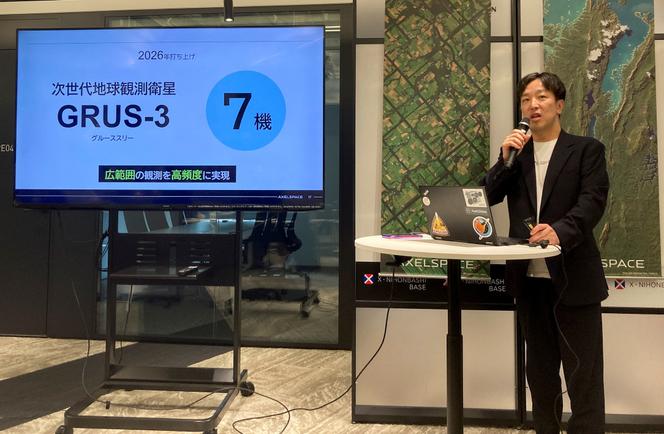


Due to a lack of risk culture and adequate political will, Japan has never been a startup hub. "We were five years behind, with strong innovation capabilities but no ecosystem," said an industry insider. He added, "But that has changed." The buzz at the SusHi Tech exhibition, held from May 8 to 10 at Tokyo Big Sight, Japan's premier convention center, has been a good indicator. For its second edition, this event focused on new technologies brought together 617 companies − compared to 434 in 2024.
Japan now has 24,000 startups, particularly active in health, food and software services. The government is encouraging these startups to focus on defense. In 2022, it launched an ambitious plan to create 100,000 startups and 100 unicorns – young companies worth at least $1 billion (approximately €900 million) – by 2027, with an investment of 10 trillion yen (nearly €61 billion). For then Prime Minister Fumio Kishida (2021-2024), the goal was to create "an ecosystem in Japan where startups will flourish" and the "next TOYOTAs and SONYs will spring from the drive and determination of these challengers."
You have 71.45% of this article left to read. The rest is for subscribers only.
